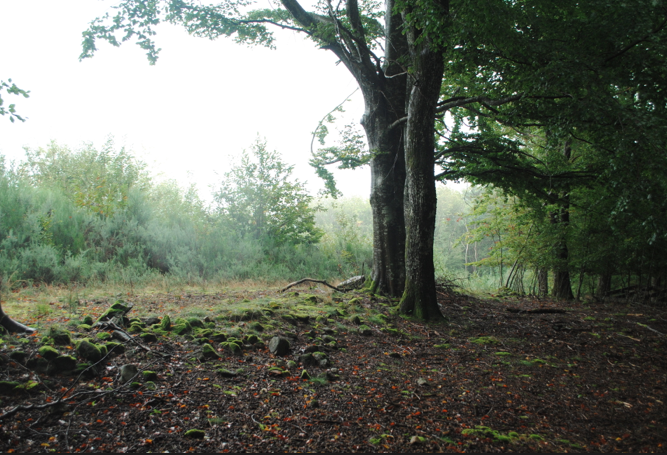Throughout the year and across the world, people have reluctantly adopted and updated a medieval custom: quarantine in times of plague. Other remnants of the era, however, have been much more readily embraced. The Middle Ages continue to capture our fancy (sometimes even frenzy), and the latest version of a classic tale is a perfect case in point. By keenly zooming in on some of the boldest, most innovative aspects of American author Maria Dahvana Headley’s recent translation of Beowulf, our very own Kwan Ann Tan (editor-at-large for Malaysia and medievalist-in-training) reflects on the value of bringing the past into the present.
The modern fascination with medieval language and culture is not particularly new—from the pre-Raphaelites to Hollywood blockbuster depictions of the medieval era, it’s clear that something about the Middle Ages still captivates us. In January 2020, for instance, the Facebook group ‘We Pretend It’s 1453 Internet’ was created, and it has since amassed close to 200,000 members; it’s filled with humorous posts imitating medieval speech and pretending to ask for advice on ‘medieval’ subjects (they’re not always period-accurate, but it’s the spirit that counts). Likewise, a subgenre of ‘medieval TikTok’ is gaining speed, with some genuinely funny skits reimagining what it would be like if knights were Twitch streamers—again, reformulating medieval staples to suit the modern imagination. On a more academic note, the Global Medieval Sourcebook project at Stanford University collects rare, previously untranslated medieval texts in modern English for the adventurous reader. In fact, new translations of medieval writings are being released every day, be they for academic or creative purposes.
As a child, I had vaguely heard of the story of Beowulf, but I always assumed that Beowulf himself was the monster, the antagonist—not the hero. After I memorised huge swathes of the text in the original Old English, the line between monster and hero only became more blurred; in fact, the poem’s elusive complexity has fuelled debate on this dichotomy for decades, if not centuries. There is something about Beowulf that keeps us coming back, and this lasting interest is reflected in the number of translations of the epic published over the past few decades.
When news of American author Maria Dahvana Headley’s translation (Farrar, Straus and Giroux) first broke on Twitter earlier this year, my timeline was quickly filled with messages from disgruntled medievalists complaining that yet another Beowulf translation had been unleashed upon the world. I myself approached it skeptically, but was quite literally hooked from the first word. For those who haven’t had the agonising pleasure of trying to decipher Old English for a year, it’ll teach you one word for sure: ‘Hwæt,’ the famous opening of Beowulf. It has been historically translated to varying degrees of formality, but Headley knocks conservatism aside to give us the earth-shattering ‘Bro.’ This brilliantly sets the tone for the rest of the text, and one thing is clear: it definitely isn’t your grandma’s Beowulf. READ MORE…


